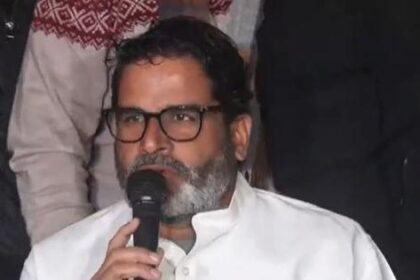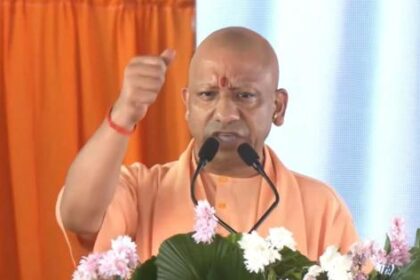Translators play a vital role in bridging the gap between diverse Indian literary voices and wider audiences.
In a recent discussion, translator and writer Anupama Raju delved into the motivations behind literary translation, particularly in the context of Indian authors whose works remain largely inaccessible to wider audiences due to language barriers. She observed the stark contrast in attendance at a literature festival where a South Indian author, known for his work in one of the country’s oldest languages, attracted only a handful of spectators. This lack of interest, she noted, was largely due to the absence of English translations of his works, which could have opened doors to a broader readership.
Raju highlighted that while many renowned authors, including those writing in various Indian languages, draw large crowds, the availability of translations is a key factor in their visibility. The unfortunate reality is that numerous talented voices remain undiscovered, overshadowed by those who have been translated into English. This raises essential questions regarding the translation process: Why do only certain authors get translated? What criteria guide the selection of works for translation? And, crucially, what motivates translators in their choices?
She reflected on her own experiences as a translator, starting with Paul Zacharia, whose stories presented a complex tapestry of linguistic and cultural nuances. Raju faced challenges in understanding the text’s layers, especially as someone who had not formally studied Malayalam. Her journey involved not just linguistic translation but also engaging deeply with the author’s world, leading to a sense of responsibility to convey the social and political themes embedded in Zacharia’s works to a wider audience.
Raju pondered whether the motivation for translating a work stems from personal desire or a sense of social responsibility. She referenced Susan Sontag’s assertion that a translator’s role is to broaden the readership of significant literature. However, this raises further questions about who determines the importance of a book and the criteria for such decisions. With many exceptional authors writing in regional languages remaining largely unknown beyond their states, the need for passionate translators is more pressing than ever.
Raju posited that one potential solution lies in encouraging writers who also translate. Those who write in English and feel compelled to translate can play a crucial role in bringing hidden voices to the forefront. She emphasized the importance of publishers willing to support and invest in these new voices, believing that more engagement with diverse authors could lead to a richer literary landscape.
In her vision, the future of Indian literature would see a vibrant mix of writers from various linguistic backgrounds sharing their stories with enthusiastic audiences, much like their English counterparts. This aspiration reflects India’s linguistic diversity, positioning it as a microcosm of the world. Raju’s insights underscore the essential role of translators in fostering greater understanding and appreciation of India’s literary heritage.








